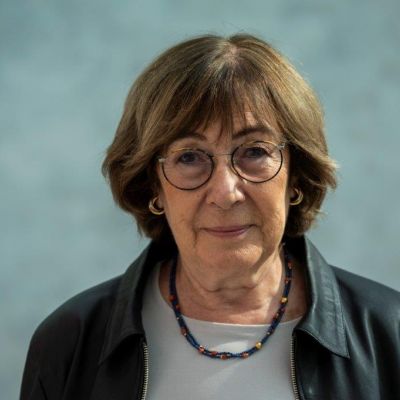The 1976 military takeover in Argentina instigates an era of persecution and kidnappings of political opposition groups, left-wing intellectuals and journalists. Negra is one of them. Fearing the increasing violence in their homeland, Carlos and Amigomío flee via Bolivia and Peru to the Ecuadorian capital Quito. In her second Argentinian feature film, Jeanine Meerapfel sensitively depicts the relationship between a father and son who, whilst attempting to flee to safety, are suddenly confronted with a feeling of uprootedness. Amigomío is a poetically powerful film about flight and new beginnings as well as the hurdles one is faced with when arriving in a foreign country.
Amigomío
Argentina in the 1970s: Unemployed academic Carlos and his wife Negra have recently been living apart. When, during the Argentine military dictatorship, Negra is abducted, Carlos flees to Ecuador together with his eight-year-old son Amigomío. For the two it proves the beginning of an adventure-filled journey in the midst of political unrest.
Credits
original title Amigomío
international title Amigomío
german title Amigomío
JFBB section Hommage: Jeanine Meerapfel
country/countries DE/AR
year 1995
duration 114 Min

Jeanine Meerapfel
BIO In her works, director Jeanine Meerapfel not only deals with her own German-Argentinean family biography, but also finds a language through her films with which she gives expression to feelings of un-/belonging and questions about her own identity and origins. She was born in 1943 as the daughter of German-Jewish emigrants in the Argentine capital Buenos Aires. After completing her studies in journalism, she came to Germany in 1964. She studied at the Institute for Film Design ("Institut für Filmgestaltung") in Ulm, among others with Alexander Kluge, who is still one of the most influential representatives of New German Cinema. Against the backdrop of current political and social debates, Jeanine Meerapfel's films are still highly topical today: themes such as migration, experiences of flight and exile find their way into her films, as does the critical examination of the acute dangers of anti-Semitism and xenophobia.




